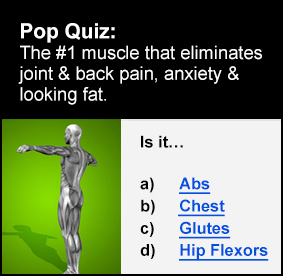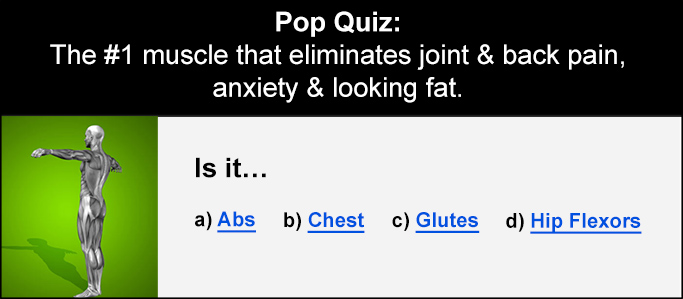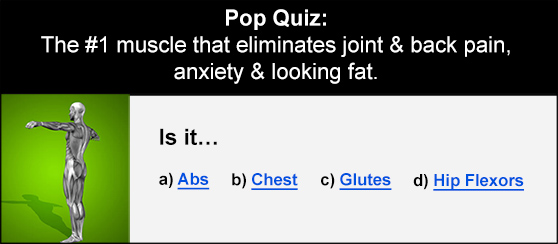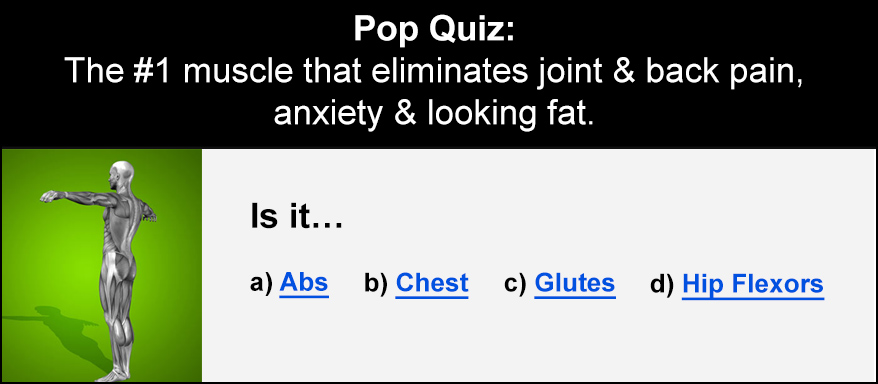
While it may not feel normal in any way, shape or form, Menopause is a normal condition that all women will experience in their lifetime, typically somewhere between the ages of 45 & 55. You may have heard to it as “the change” and yes, your body will be going through many changes, and at times these changes can pack a pretty big punch, making you feel like your body is a total stranger and that nothing you do seems to have any positive impact in helping you to feel better or at the very least, like you have a handle on what the heck is happening. Rest assured, you are not crazy, you are not alone and there are things that you can do that can help you navigate this transition without ripping all your hair out.
But there is one other element here that, if you have tremendous body awareness, can be an amazing help to you well before you are into menopause. Let’s all turn our attention to perimenopause!
To better understand perimenopause, it will help to have a solid understanding of the hormonal phases of a woman’s life. YES! During our lifetime, us women go through very specific hormonal phases that are necessary to support the different transitions we go through as women.
So while I could certainly nit-pick this topic of hormones to death Iet’s say we just get right to the “cliff notes” version. So with that in mind, I’m sticking to 4 hormonal phases that we as women, invariable will experience. (1)

Puberty
Most of us associate the start of puberty at the moment we get our first period, but puberty is actually already in process before a girl gets her first period. Puberty is triggered by the production of gonadotropin releasing hormone (GnRH), which stimulates the ovaries to produce follicle stimulating hormone (FSH) and luteinizing hormone (LH). This marks the beginning of a girls sexual maturity.
Breast development, body hair, a change in body odor as a result of increased activation of the apocrine glands, widening of the hips to prepare for child-bearing and a change in the distribution of body fat are all “secondary sex characteristics that are the result of a girl going through puberty. And while some of these characteristics, among others, will continue during this phase, these are happening before a girl gets her first period.
During this phase of a woman’s life, the brain sends signals to the ovaries to produce more estrogen, progesterone and other hormones. Each month an egg is released (ovulation), the uterine lining thickens to prepare for a fertilized egg, when an egg is not fertilized that lining is shed (menstruation) and the cycle begins again. For the most part this is very cyclical and a woman can track her cycles easily and know when her next period is coming.
Now at some point this cycle starts to change. Women will experience changes in their menstrual cycles, not only as a result of aging, but also with pregnancy.
Perimenopause
As we get older our bodies produce less estrogen and progesterone. But this is not a steady, progressive decline. Hormone levels will fluctuate and vary during menopause, and this has a huge influence on why women can experience such a range of physical and psychological symptoms during this time. SO MUCH FUN right?!
As far as how long this phase lasts . . . perimenopause can last a couple years or 10 plus.
Menopause
When a woman has not had a period for 12 consecutive months, she is officially in menopause. This is also what is considered “natural” menopause. Natural menopause simply refers to the natural decline of estrogen, progesterone and other reproductive/ sex hormones as a result of the aging process. However it is important to know that there are other ways for menopause to occur.
Premature Menopause is when menopause occurs before the age of 40. While this may happen for no known reason, there are some risk factors that can influence the onset of premature menopause. Some of these risk factors include diabetes, certain medications/ medical treatments, smoking, genetics and damage to the pituitary gland as a result of brain trauma.
Artificial Menopause refers to the onset of menopause because of medical intervention/ procedures. For example, if a woman’s ovaries are removed or have been damaged due to cancer treatments, there will be a sudden and extreme drop in her hormone levels. This abrupt halt in hormone levels can cause the symptoms of menopause to start rather quickly and with greater intensity than natural menopause.
Post Menopause
After what may have seemed like a roller coaster ride of all things physical and emotional, post menopause arrives with something of a sigh of relief for many. While the symptoms of menopause do tend to become less intense and severe over time, it can still be a wild ride at times throughout, while your body deals with the changing hormone levels and the effects it is having. The good news with post menopause is that by this time hormone fluctuations have leveled out and our gonadal hormone production has ceased so our levels of reproductive hormones are quite low.
When discussing hormones and how they not only affect us but ultimately drive these shifts we will experience, it is worth mentioning a few other very important elements. Hormones do not just affect our reproductive organs. Hormones affect our metabolism, moods, emotional stability, cognitive function, energy levels, circadian rhythms, digestion, response to stressors, immune system . . . and more. So it just makes sense that when our hormone levels change we change as well!

What is wonderful about perimenopause . . . yes I did indeed use the word WONDERFUL . . . is that preimenopause gives you some idea and insight into what you may expect as far as the symptoms you will experience during your transition through menopause. So this is a really good time to take a step back, make a “lifestyle assessment,” and start making some changes in order to support a better menopause experience for yourself.
I often refer to perimenopause as something of the “warm up act.” I’m not making light of nor attempting to make an insulting joke, but honestly you it’s a heck of a lot easier to ride this wave if you are able to step back once in a while and laugh at a few things; it will help keep you sane at times . . . trust me.
What I mean by “warm up act” is this, perimenopause can often give us an inside peak at what may be coming in full force or greater severity once we are in to full blown menopause. If you have great body awareness and are tuned in to even the slightest changes that may be happening, than you are going to have an easier time or at least have the opportunity to make some changes that can be of tremendous benefit as you get closer to entering menopause.
Perimenopause is marked by a drop is estrogen levels that occurs well before entering menopause; usually in your 30’s or 40’s. Again, even with this drop, estrogen levels will still fluctuate during the normal 28 day cycle so you may begin to experience irregular periods along with some other symptoms such as:
Lighter/ heavier periods
Increase in the intensity of PMS
Weight gain
Thinning of hair
Tender breasts
Difficulty concentrating/ forgetfulness
Headaches
Muscle aches/ frequent muscle cramping
UTI’s
So what is it I’m suggesting you do with this information? I’m suggesting you put yourself in the drivers seat of your menopause experience. I’m suggesting you start paying extra and very detailed attention to what is going on with your body; how is it responding to foods, stress, etc. I’m suggesting that rather than sitting back and accept a mindset of “menopause is happening to me,” to assume a much different mindset. One that embraces the following . . .
“Menopause is going to happen and as a woman it is part of my experience in being a woman. I have have days where I feel like a train wreck however, I am in control of this. I’m going to make every decision and take every action to put my health and wellness front and center and instead of fighting my menopause experience, I’m going to embrace it and be the influence that allows me to have a better experience.”
References:
(1) What Is Menopause? https://www.nia.nih.gov/health/what-menopause
(2) http://obgyn.ucla.edu/menopause







